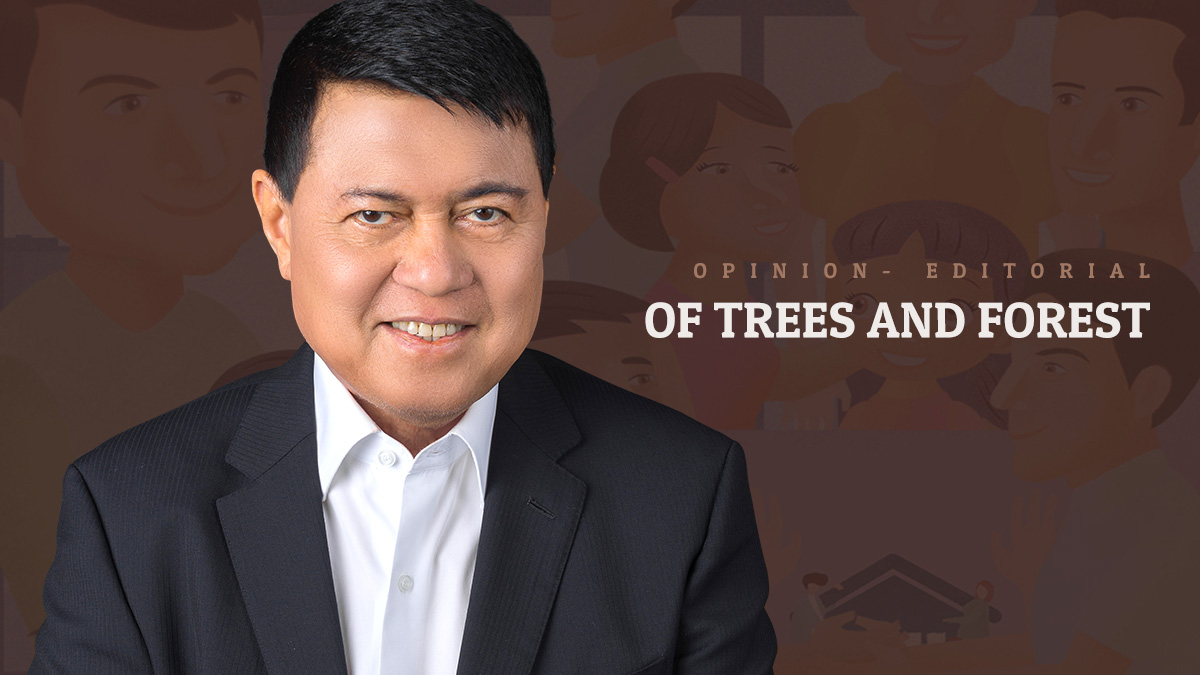
Shifts
A survey conducted by Pulse Asia in December 2018, had some interesting revelations. It showed that Filipinos continue to trust the United States as an ally of the Philippines compared to other countries such as China and Russia. The poll showed that 84% of Filipinos trust the US while more than half are distrustful of China (60%) and Russia (54%).
The survey is important, especially in the context of what many perceived as the Duterte administration’s pivot away from its traditional ally, the US, and towards China and Russia.
This is really not surprising at all. Our affinity with the US — politically, economically, and culturally—is well established in history. In my generation, this “adoration” of America is very pronounced. We were taught that the US is the world’s leader, that its government system is to be preferred over others. In fact, when we became an independent nation in 1946, our entire political system was almost an exact copy of the US system.
Democracy is the primary product of import of the United States. In foreign policy, the US has made it its mission to spread US-style democracy all over the world. And former colonies like the Philippines were more than willing to embrace it with open arms.
There was a time when Philippine jurisprudence was patterned after US jurisprudence. And our economy was overly dependent on the US economy. Even culturally, our identity could not escape the shadows of Uncle Sam. While Filipino culture exhibit a blend of many influences, no one can deny the tremendous impact of American culture on our identity. From burgers to canned goods to Disneyland and Hollywood, we are the Americans of the Far East.
A large portion of the Philippine population, in fact, would have no opposition to our country becoming one of the states of America. That is how much Filipinos love America.
This recognition of American leadership is not unique to Filipinos. According to the study by the Pew Research Center of 38 nations, “a median of 42% say the US is the world’s leading economy, while 32% name China”. This perception is prevalent throughout Latin America, most in Asia and sub-Saharan Africa. In fact, 24 of the 38 countries surveyed see the United States as the global economic leader.
But if there is one thing that we need to learn from history, it is this—nothing stays the same forever. Global history has been the site of the ebb and flow of power. The history of the world is replete with shifts that have altered the way we view our world and how we actually live in our world. Some of these changes occur all of a sudden; in one sudden motion. But most of them occur almost imperceptibly—slowly and gradually.
The leadership of America globally is now being challenged by China and Russia. Even in the Philippines, there is a long history of anti-American sentiment that was most pronounced during the US bases controversy.
When I was still studying at the University of the Philippines, the leftist movement was very active in spreading their ideology which was anchored on anti-Americanism, denouncing the US as imperialist and capitalist.
Today, changes in the world economy, shifts in the internal politics of the US, and other factors have conspired to create a global situation where unipolarity — an international system where there is only one superpower and there is no competition — has been shattered.





